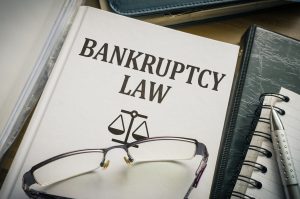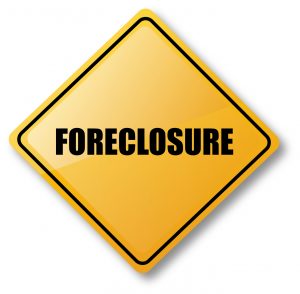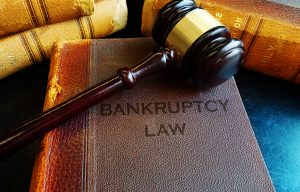A commercial landlord is confronted with a number of issues when a tenant files bankruptcy. When a tenant files bankruptcy with an unexpired lease, the debtor tenant is given the option to “assume” or “reject” the lease. If the debtor elects to assume the lease, it agrees to be bound by all terms of the lease and it must cure all defaults and provide the landlord with “adequate assurance of future performance” under the lease. If the debtor rejects the lease, the rejection constitutes a breach of the lease, giving the landlord claims for damages.

Assumption or Rejection. The first question that a commercial landlord will want to know is whether the debtor will assume or reject the unexpired lease.
If the debtor assumes the lease it means that the debtor intends to remain at the property as a tenant (or possible that it plans to assign the lease to a third party). In order for a debtor to assume a lease, the debtor must either not be in default under the lease or it must cure all pre- and post-petition defaults; it must give the landlord “adequate assurance of future performance under the lease,” and it must obtain bankruptcy court approval to assume the lease.
 Business Lawyers Blog
Business Lawyers Blog






